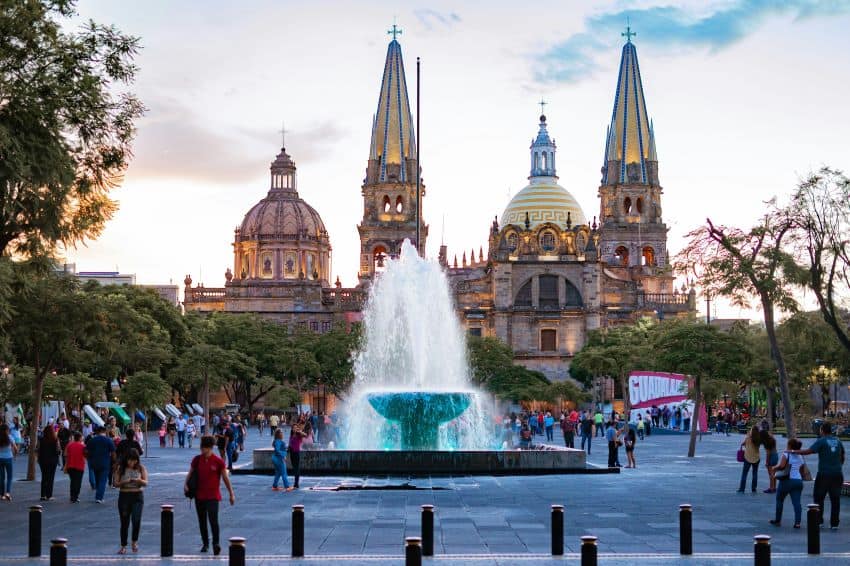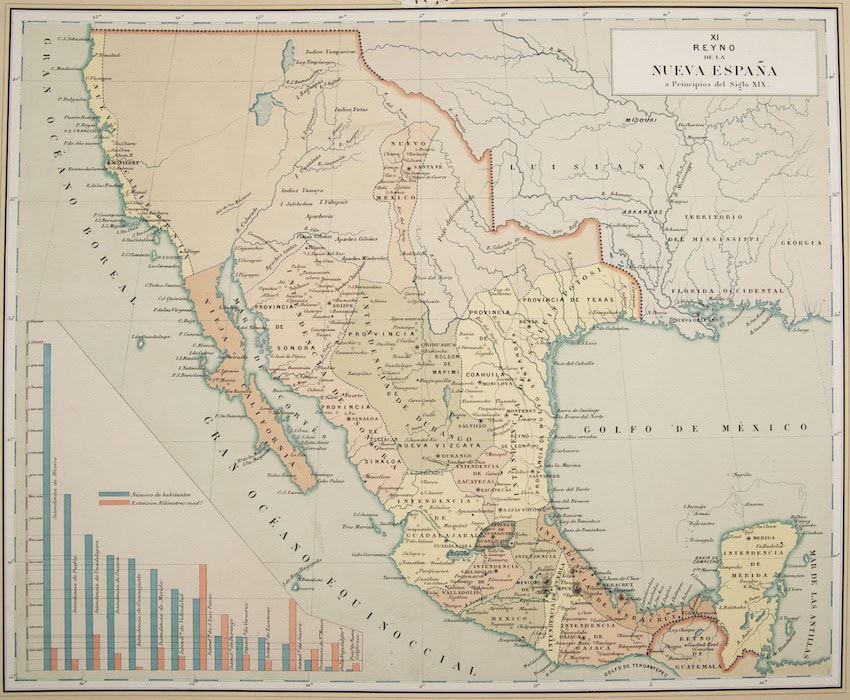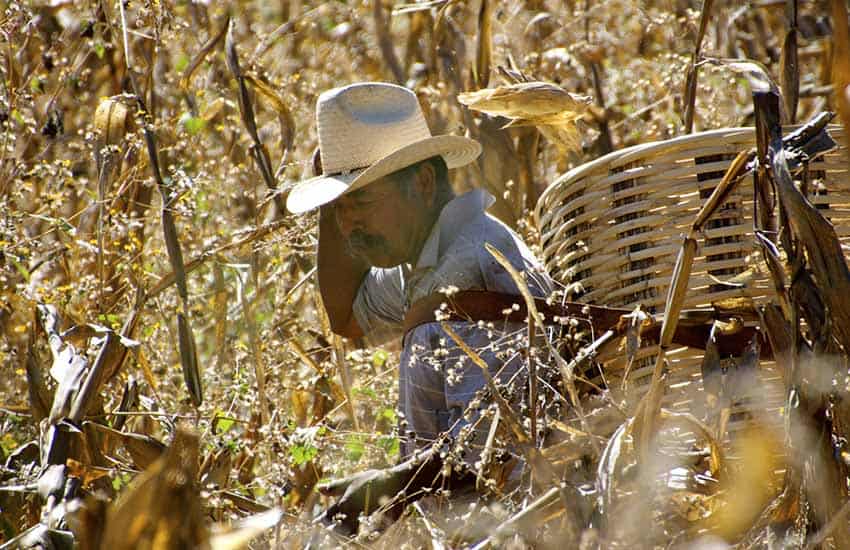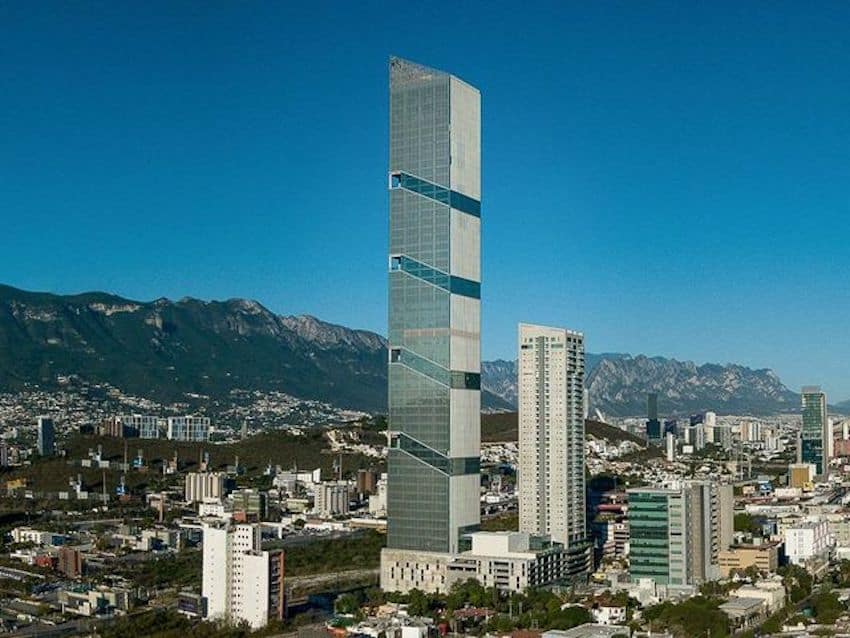If you’ve lived in Mexico City for a while, you might have come across the term “provinciano,” — which literally means “from the province” or “provincial.” The term is used by Mexico City residents to refer to any Mexican who is not from the capital.
While the word is not derogatory in itself, it can be perceived as offensive by people who are not from Mexico City. Mexican TV networks have even stopped using “province” to refer to other states and instead use “in the interior of the country” or “in the states” in response to complaints against this word.

But should we really get offended?
I’m from Guadalajara, which makes me a provinciana. Growing up, I used to hear adults say that chilangos — the colloquial demonym for Mexico City natives — had a sense of superiority over the rest of the country and that they would express this by calling all those from other cities provincianos.
After marrying my husband — a Mexico City native — and moving to the capital, I realized that when chilangos call us provincianos, it’s not meant as an insult. Rather, they use it plainly for what it means: we are not from the capital.
But Mexico doesn’t have provinces. So why do they call us that? It turns out the country did in fact have provinces once, and the term has never left the capital’s lexicon.
Where does “provincia” come from?

While there are no provinces in Mexico, there used to be during Spanish colonialism, like the provinces of New Galicia, Zacatecas and Colima, which made up the kingdom of New Galicia within New Spain. Even more recently, the country was divided into provinces during its first years as an independent nation.
“Province” is believed to come from the Latin word “vincere,” meaning “to triumph” or “to conquer.” It was used during Roman times to refer to all those territories outside of Rome that were defeated in war and subjected to Roman rule.
From 1821 to 1823, as the First Mexican Empire, the country had 21 provinces. In 1823, the number grew to 25. With the Constitution of 1824, the provinces became states, with the number of territorial divisions shrinking to 17 states and two territories. The number of states and territories continued to change throughout the rest of the 19th century, usually hovering in around 28 states. Finally, in 1974, Mexico abolished the status of territory, recognizing 31 states and a Federal District (DF). In 2016, the Federal District was abolished, becoming Mexico City, a federative entity on the same level as the 31 states, which are also federative entities.
Throughout all these changes, the one thing that remained the same even after independence, was the capital — it was always today’s Mexico City. And all other places that were not the capital were provinces, even when the name later changed to states.
Why is being a “provinciano” considered negative?
The reason behind the negative connotation of “provincia” is its association with being from rural areas. Spain’s version of the Oxford English Dictionary, the Royal Spanish Academy (RAE) gives four different definitions for “provinciano.”
- Natural or inhabitant of a province, as opposed to that of the capital.
- Belonging or relating to a province or its inhabitants.
- Excessively attached to the mentality or customs of their province. Synonyms: flat, simple, closed minded, pueblerino (from a small village).
- Not very elegant or refined.
Historically, people from a country’s provinces were attributed the third and fourth definitions — unrefined and closed minded. Provinces were mostly rural areas, but opportunities and resources were mostly concentrated in the capital, leaving those in the provinces with little chance for social advancement.

I’ve personally never heard a chilango refer to provincianos in a derogatory way, but many from other states do feel offended when they hear the term, given its connotations.
Beyond the two meanings given by the RAE, calling someone a provinciano highlights an issue that has existed since Spanish colonization: Mexico’s tendency towards centralization.
For decades, states have criticized excessive political centralization and decision-making from Mexico City, a phenomenon that the newspaper El País has described as “being forged hand in hand with another feature of Mexican political culture: presidentialism.”
The provinces in modern Mexico
In modern times, there’s been an effort to decentralize politics and accommodate regional problems on equal terms. For instance, in the 2018 presidential election, the National Electoral Institute (INE), whose job is to organize public elections, organized presidential debates in Tijuana, Baja California and Mérida, Yucatán, as well as in Mexico City.
This year, however, all debates ahead of the presidential election on June 2, will happen, once again, in Mexico City. Centralization extends beyond politics to areas including entertainment, education, cultural events and professional opportunities. To this day, the country’s top hospitals are in Mexico City.
However, the panorama has changed in recent decades, with the “provinces” emerging as important business and cultural centers that, in some cases, have surpassed Mexico City.
For instance, the Teconlógico de Monterrey is ranked as Mexico’s best university and the fourth-best in Latin America, according to the Times Higher Education’s 2023 Latin America University Rankings. Monterrey, Nuevo León, is now the leading destination for nearshoring. San Miguel de Allende, Guanajuato and Oaxaca city have emerged as Mexico’s cultural references, and Jalisco is world-famous as the birthplace of Mexico’s staple spirit, tequila.

Moreover, some of the world’s most popular beach destinations are located on the Yucatán Península, while one of Lonely Planet’s best beaches in the world is in Baja California.
While the capital is still one of the most vibrant and cosmopolitan cities in the world, with a wide offer of entertainment, culinary and educational offers, the provinces have their fair share of attributes to be proud of. Showing resentment for being called provinciano is as outdated and unjustified as saying that chilangos have a superiority complex.
More and more, the country’s other states are gaining worldwide recognition, changing the focus from Mexico City. As provincianos, we should feel proud and honored when someone calls us what we are.
Gabriela Solis is a Mexican lawyer turned full-time writer. She was born and raised in Guadalajara and covers business, culture, lifestyle and travel for Mexico News Daily. You can follow her lifestyle blog Dunas y Palmeras.
